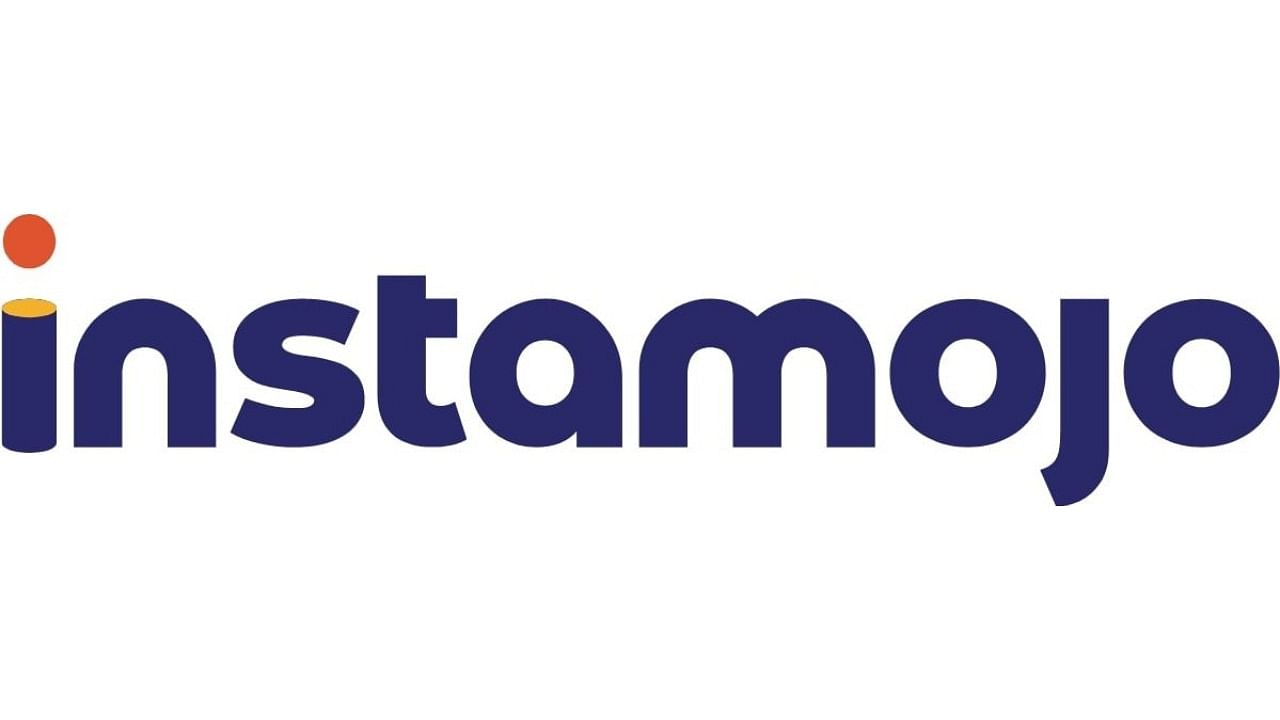
The logo of Instamojo seen in this photo.
Bengaluru: Direct-to-consumer technology platform Instamojo may layoff employees in the coming few months if the company’s fortunes don’t turn around soon, co-founder and chief executive officer Sampad Swain told DH.
“As of now, we have no plans to do something like that. But maybe in the next few quarters, a few months for that matter, if we see that the business is not going back to where we were, and we need additional runway, then we may have to go that direction,” Swain said.
In September last year, the Reserve Bank of India (RBI) had returned the startup’s application to register as a licensed payment aggregator (PA), which was one of its main offerings to small businesses setting up online.
Swain stated that the main reason behind the rejection was the company’s low valuation, as payment aggregators are required to have a minimum net value of Rs 15 crore at the time of application, which must then increase to Rs 25 crores within the guidelines' defined time range and be continuously maintained thereafter. As per RBI’s calculation, the company was approximately valued at Rs 14.4 crore at the time, the executive elaborated.
Instamojo for now has shelved plans to reapply for a PA license this year, and may reconsider the bid next year. For now, the company has partnered with other licensed PAs and is instead focusing on a return to EBITDA profitability, which it had achieved in Q2 of the current financial year. It posted an EBITDA margin of 15% in Q2 FY24, compared with -7% in the year ago quarter. However, this number had dropped to -22% in Q4 post the license rejection.
Swain pointed out that, unlike in the case of Paytm Payments Bank, RBI did not give the company any leeway to migrate its existing merchants to another payment gateway, leading to a loss of 30% of its merchant base. While he says that payments was never its primary offering, a loss of trust is hindering the onboarding of new clients.
“That is where our primary goal is over the next few months. As we move from red to green, back to where we were in 2023, we will win back the trust that was lost in the process,” he said.
The Mastercard backed firm is positive that it will achieve this feat in the next couple of quarters, Swain added.
The Finance Ministry and RBI are presently engaging closely with the burgeoning fintech industry, pursuant to the regulatory action taken against Paytm Payments Bank last month. The government has asked the RBI to meet up with fintech firms every month to address their concerns.